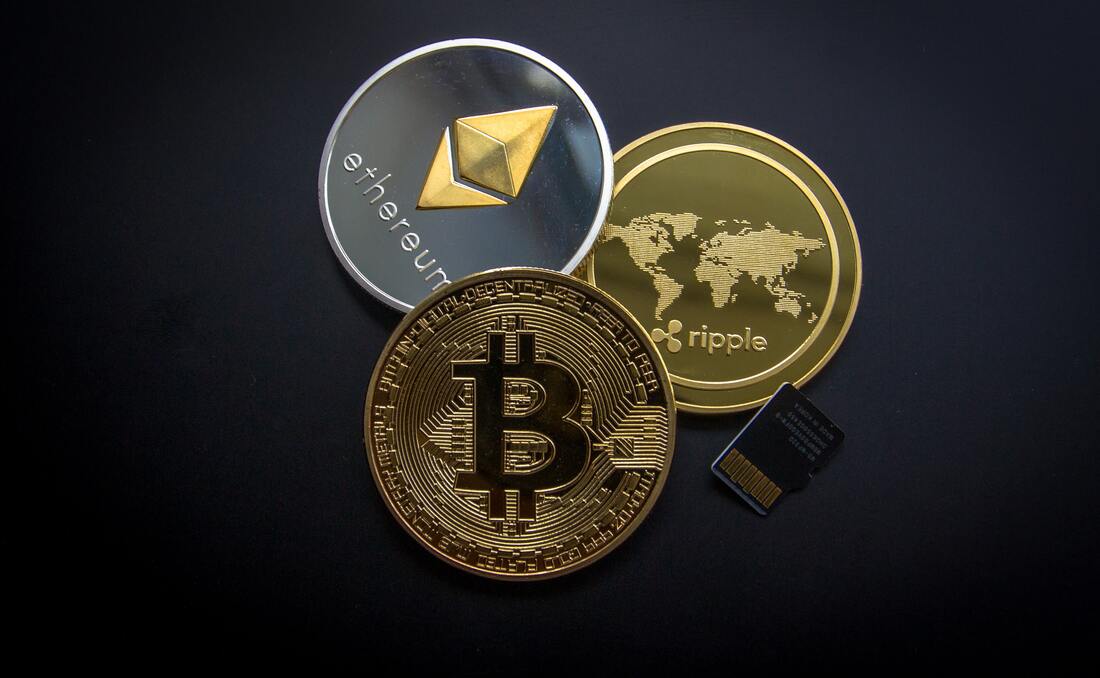Is Cryptocurrency Legal in India?
In this episode of Ekalavya Chaudhuri's blog...
Hello. Here I'm going to talk about cryptocurrency. Is a financial system on planet Earth that is free of any kind of economic bias a utopian idea? In large measure, not necessarily. Cryptocurrency can indeed be that kind of thing. But India happens to have a problem with it.
What is Cryptocurrency?
Cryptocurrency is a form of electronic currency across the world that has a universal value depending on the rhythm of the market. It is also wholly unregulated. Further, exchanges and transactions made using this currency are encrypted. It is also extremely decentralized, secure, transparent and immutable.
How does cryptocurrency get its properties?
Cryptocurrency gets its properties because of the technology it uses, which is known as blockchain. Any cryptocurrency system consists of thousands of computers, but unlike for example a large bank of computers in a company warehouse, each computer (or group of computers as the case may be) that holds its blockchain is in a different physical site at separate geographical locations all around the globe. They are also operated by separate individuals or groups of people. This is why it is decentralized.
The computers that make up the network in a cryptocurrency system are called ‘nodes’. Every node in the system has a full and clear record of the data that has come to be stored on the system since the system’s inception. This is to say, it has the record of all transactions in the currency. If one node has an error in the data it contains, it can use all of those other nodes in the system to rectify itself. As such, no one node in the system can ever at any point change information contained in the entire system. It is immutable.
Let’s say a particular user attempted to tamper with the record of a cryptocurrency’s transactions. In such a case, all the other nodes would get together and cross-reference each other and it would become extremely easy to pinpoint which particular node had the incorrect information on it. Such a system is not only secure, it aids in the establishment of an exact, logical and transparent order of events.
The computers that make up the network in a cryptocurrency system are called ‘nodes’. Every node in the system has a full and clear record of the data that has come to be stored on the system since the system’s inception. This is to say, it has the record of all transactions in the currency. If one node has an error in the data it contains, it can use all of those other nodes in the system to rectify itself. As such, no one node in the system can ever at any point change information contained in the entire system. It is immutable.
Let’s say a particular user attempted to tamper with the record of a cryptocurrency’s transactions. In such a case, all the other nodes would get together and cross-reference each other and it would become extremely easy to pinpoint which particular node had the incorrect information on it. Such a system is not only secure, it aids in the establishment of an exact, logical and transparent order of events.
What is India's issue with cryptocurrency?
There is a certain disbelief towards using digital currencies of the nature of cryptocurrency in India. Moreover, it could probably be said that in large measure the country lacks the requisite infrastructure and awareness to engage in cryptocurrency transactions. There is also deep skepticism about the lack of regulation that cryptocurrency has as an intrinsic and inherent feature. As such, while exchanges are not illegal after a court ruling overturning the government’s decision to make them so in 2018, cryptocurrencies are not legal tender in India and the government has made them extremely difficult to operate.
As of 2020, the government is planning to bring in a fresh law to ban cryptocurrency trading altogether. In that case, exchanges in cryptocurrency would be, in law, banned and illegal in India.
In order to move towards a using of cryptocurrencies in India, one thing that could happen is the initiation of Central Bank Digital Currencies (CBDCs), which are currency backed by the government through a central monetary authority. That is a procedure similar to cryptocurrency except at this stage the procedure is backed and regulated by some kind of central figure of authority such as a regulatory board, central bank or some kind of similar governmental finance institution.
Adoption of CBDCs could be a useful intermediary step before any move by India to get into the free swinging world of investments in cryptocurrency, have an element of administrative control involved that is crucial at this juncture, and also aid to the building of trust among the public towards such transactions. Sweden’s Riksbank has for example tested CBDC and is actively monitoring its ‘e-krona’; having seen a dropping off in the use of conventional currencies, it is now working on a pilot program for a new platform for its e-krona.
To do this in India, however, would require a structural overhaul. Changes in the system that would be needed would include the premier regulatory authority of the country, SEBI, needing to be updated to deal with the challenges that would come in, and the public of the country being educated about the fact that this mode of currency exchange is going to become ubiquitous gradually in an increasingly digitally biased world. This would require an ambitious project taken on as an undertaking in India by an ambitious, forward looking government.
